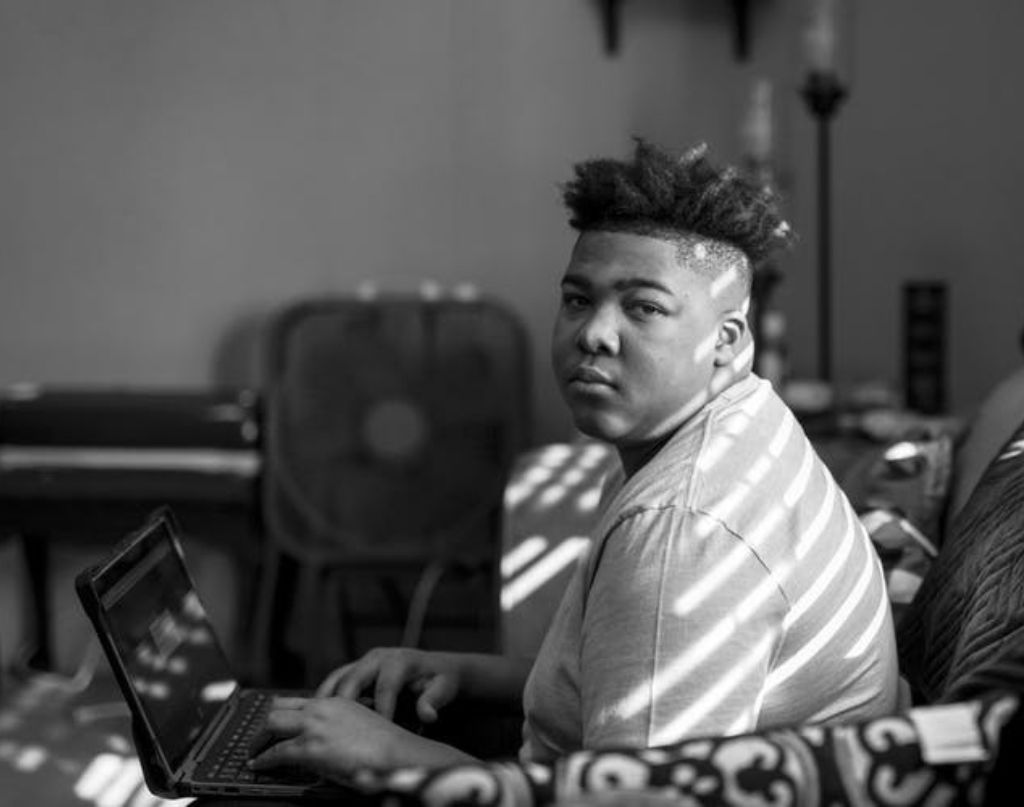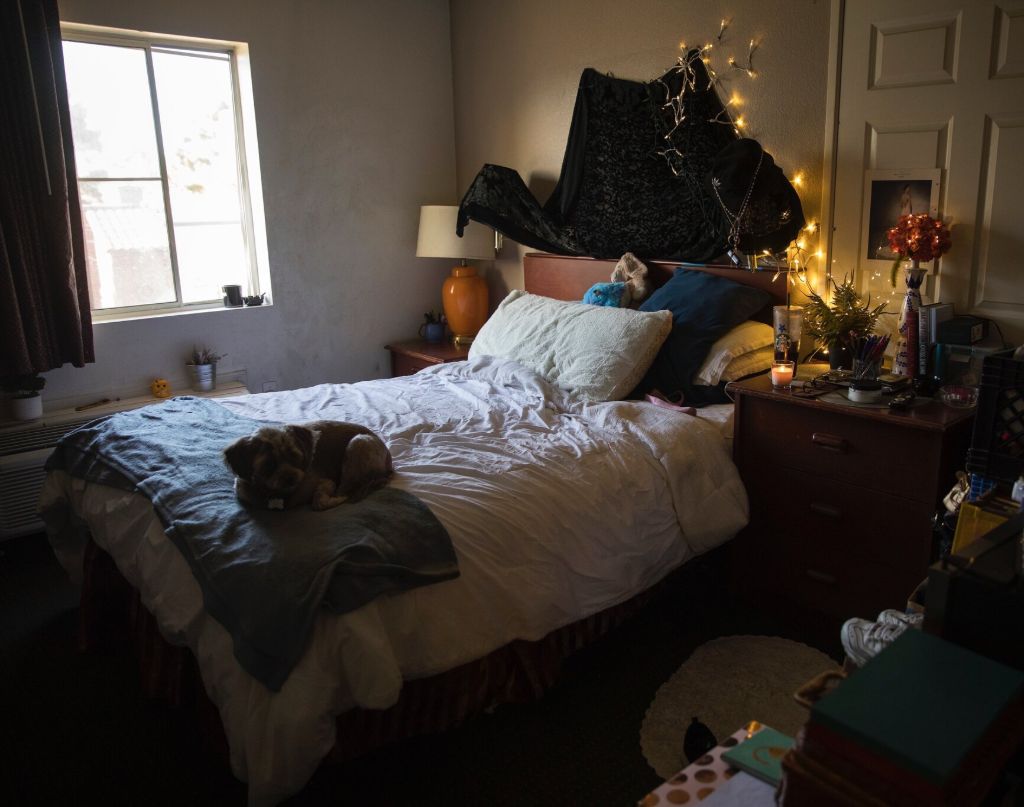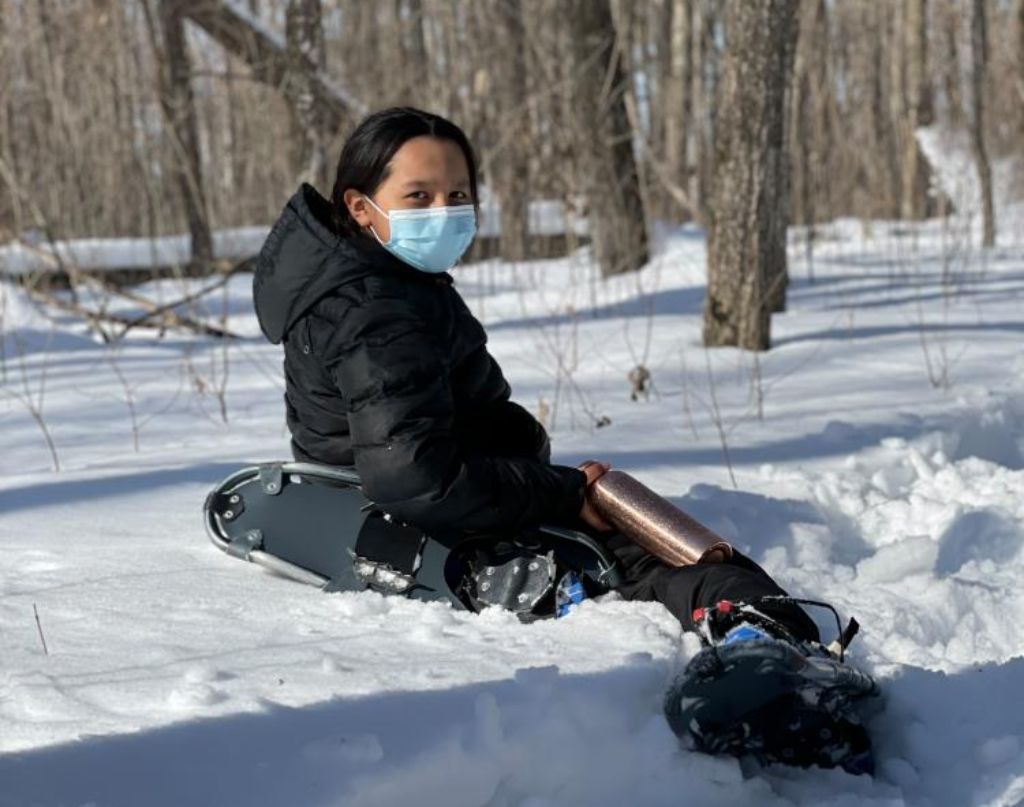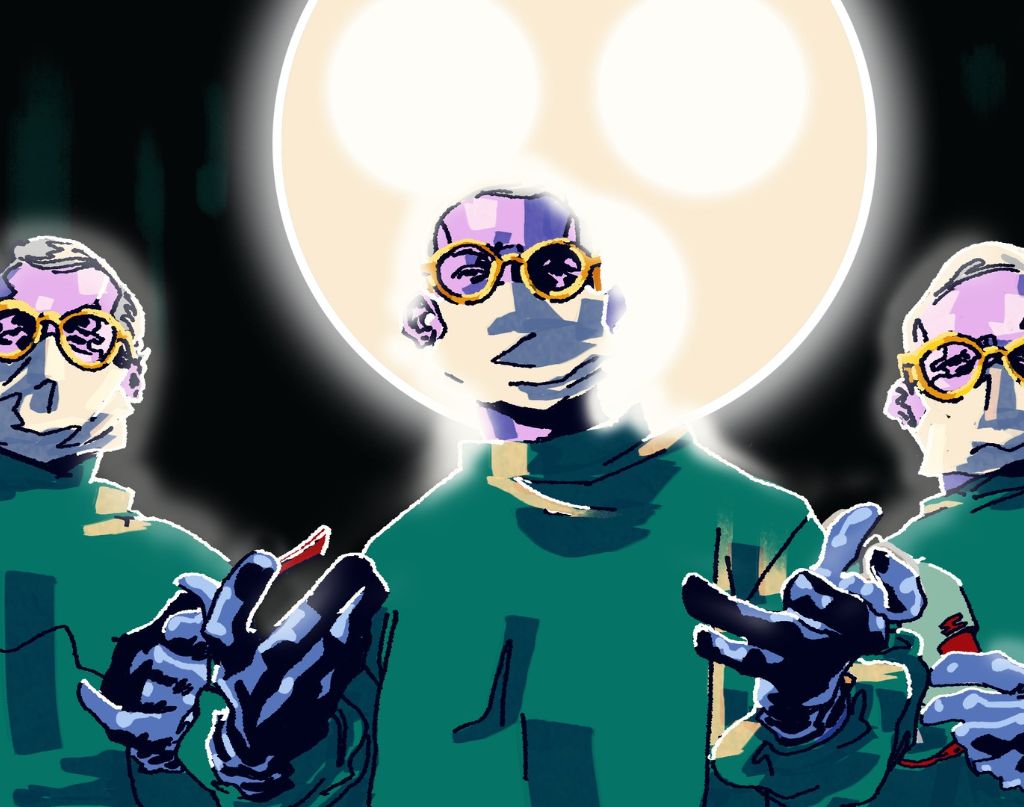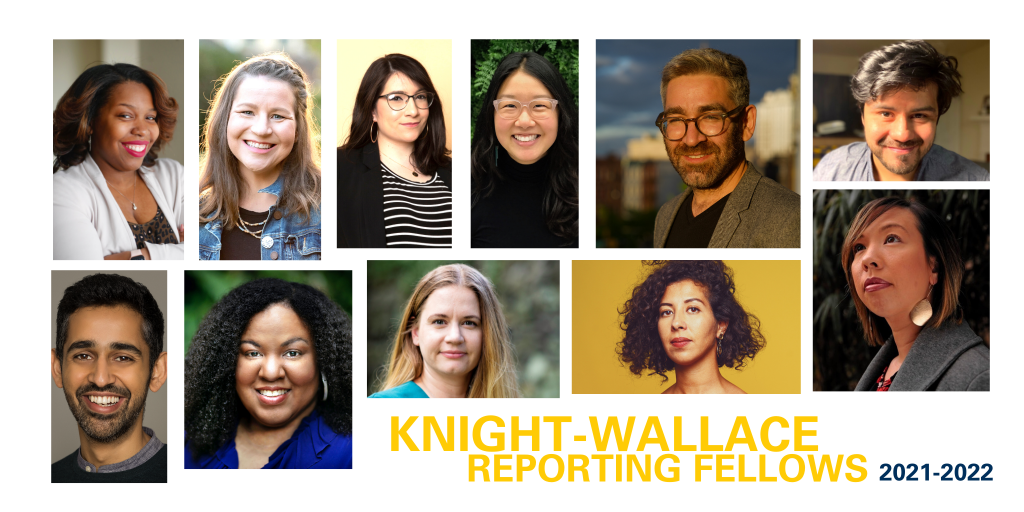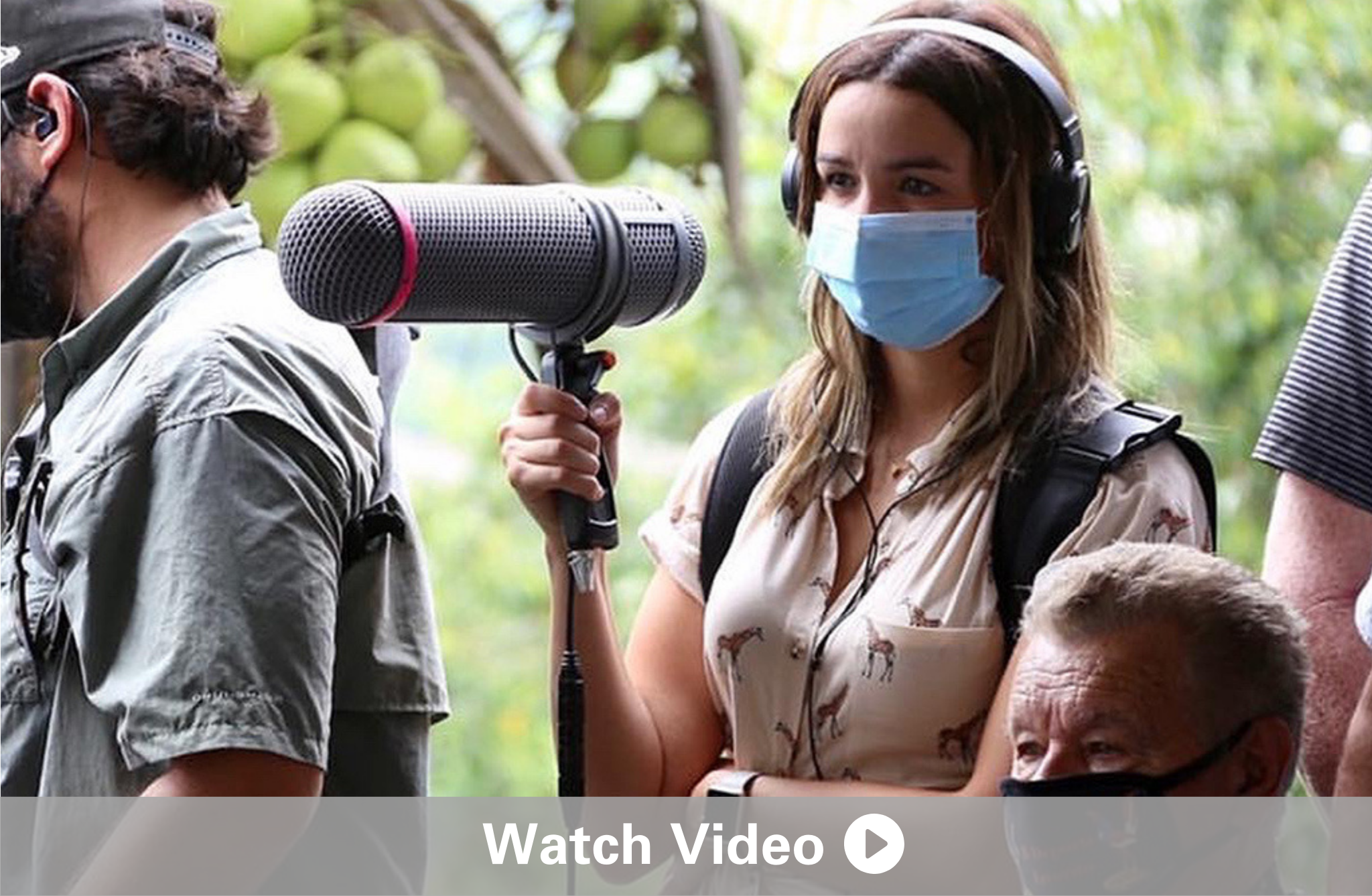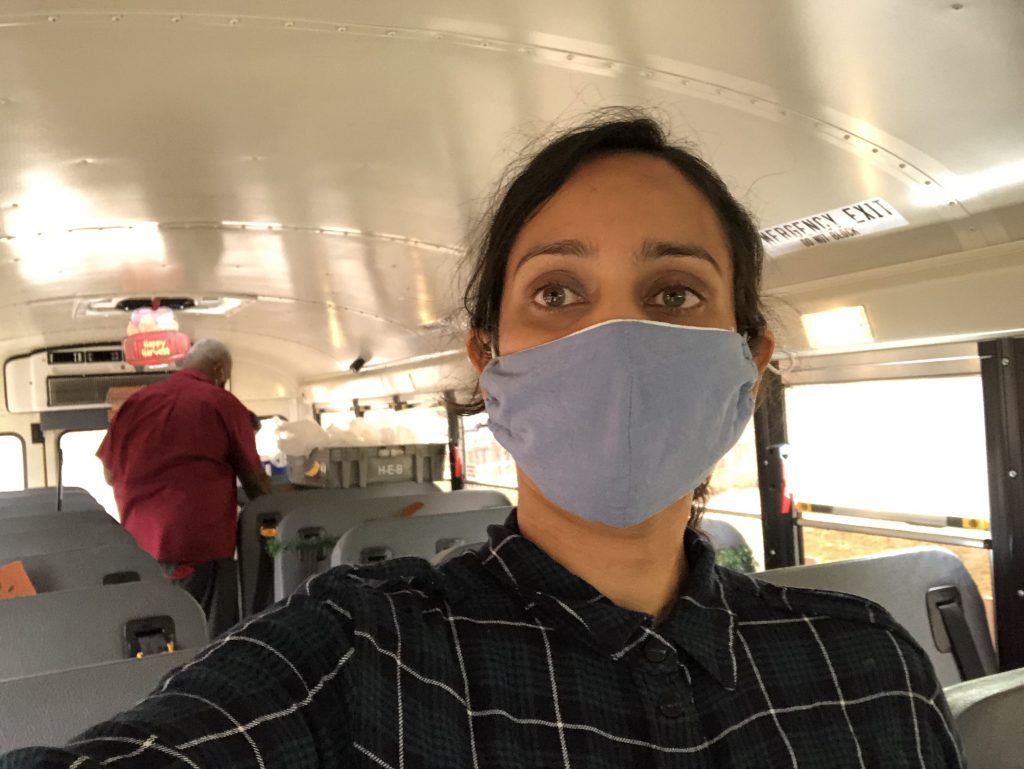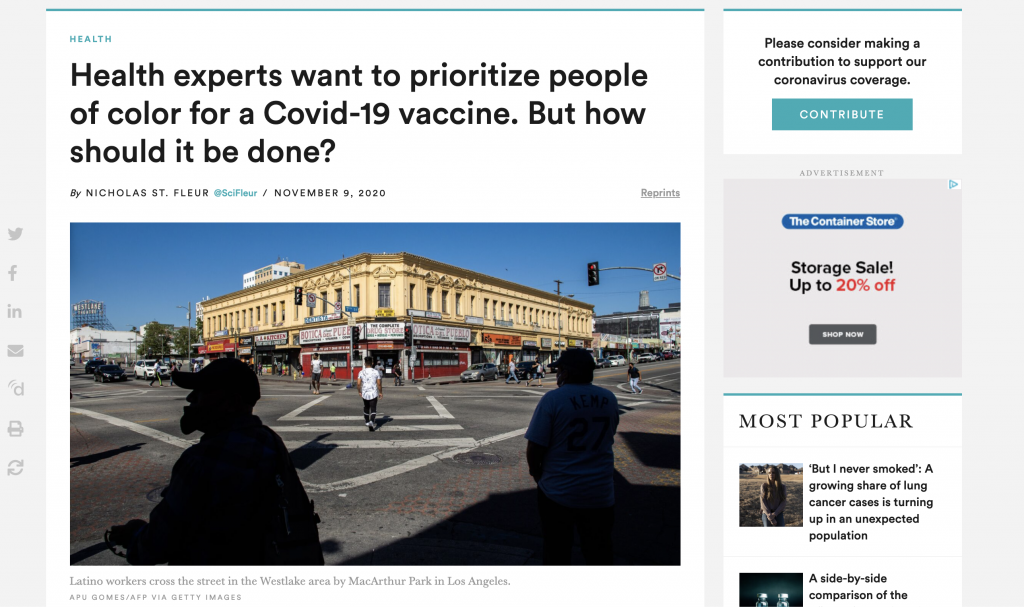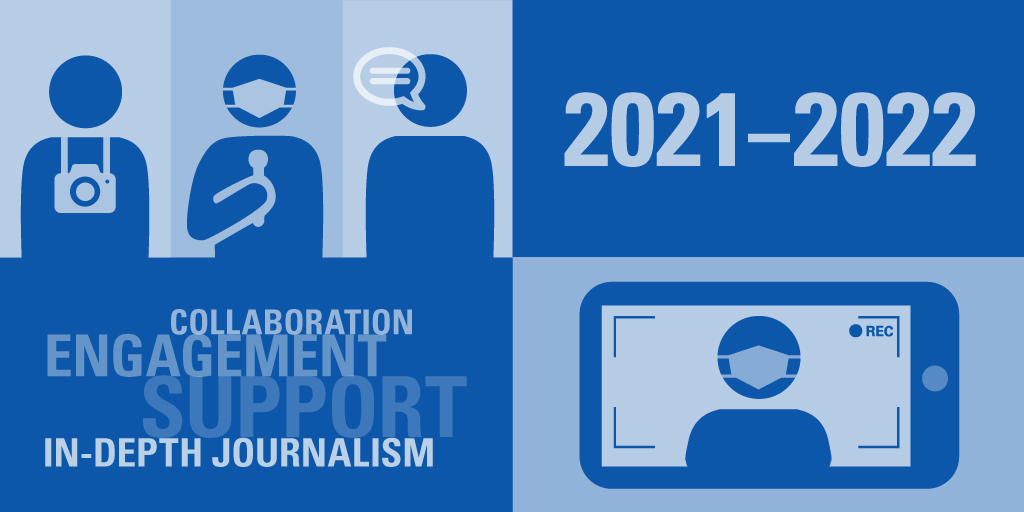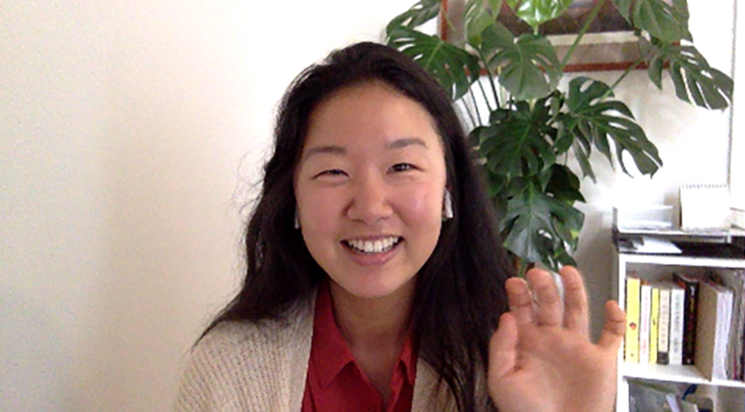
First Impressions. Deep Connections.
My first assignment as a Knight-Wallace Reporting Fellow arrived in my inbox, and I immediately dreaded it. Each Fellow was to prepare a presentation about ourselves and our journey into journalism, to give one another a sense of who we are beneath the titles, bylines, and accolades. “We’d like to hear about your personal interests and what motivates you,” the email read. We’d do this over Zoom and each get 20 minutes. Twenty minutes! Just the thought of it made me shrivel.
As journalists, we often ask people to be vulnerable with us. to share their darkest memories, their innermost selves. I knew I was pretty bad at doing this myself, to be on the receiving end of probing personal questions. The last time I opened up to a group of journalists I barely knew, I broke into tears unexpectedly, and no, it was not the pretty kind but the sort of awkward, heaving, ugly cry that only gets worse when you try to stop it.
Couldn’t we just do a little virtual happy hour and keep things safely superficial?
Lynette Clemetson, Wallace House director, and Robert Yoon, associate director, opened the Fellowship’s first week with their own intros. They blew me away, which, of course, only made me more nervous. They each prepared a polished slideshow complete with archival family photos, decades-old clips, witty headlines about their careers, and spoke candidly about some of their most vulnerable moments—the times they questioned whether they should leave the industry, the doubts and anxieties they faced in between milestones. They were honest and heartfelt and inspiring in a way I wasn’t entirely prepared for. They set the tone for the rest of us.
As each Fellow took their turn, they took us inside their family histories, the reporting experiences that changed their lives, their career highs and lows, the insecurities and challenges that lingered. Many moments took me by surprise. Several Fellows shed a tear or two while sharing some of the hardships they experienced, and I cried with them, not just because I was moved, but also because I saw pieces of myself in their stories. While watching another Fellow speak—someone I met years earlier, whom I deeply admired and considered a friend—I realized that there were so many things about her life that never came up during our many phone calls catching up and talking shop. It dawned on me then that this wasn’t your average week of introductions.
By the time I presented, I felt like I already knew the group in this strangely, beautifully, intimate way.
My 20 minutes went by in a flash. By the end of the week, I even wished we had more time. We would have stayed out talking late into the night if only we could gather in person. The feeling reminded me of these dinners I used to have with a group of girlfriends during my twenties when we’d meet at someone’s apartment and take turns sharing stories about relationships, family, work, marriage, motherhood. We called it girl church.
On the second week of the Fellowship, a Fellow joked with me that she wondered if we had all unknowingly joined an eight-month journalism therapy program. We laughed. And the truth was, whether it was going to be like therapy or church, I couldn’t wait for what was ahead.
Jaeah Lee is a 2022 Knight-Wallace Reporting Fellow and an independent journalist based in San Fransisco. Her feature stories have appeared in The New York Times Magazine, The California Sunday Magazine, Vice News, Topic, Columbia Journalism Review, and Mother Jones.


